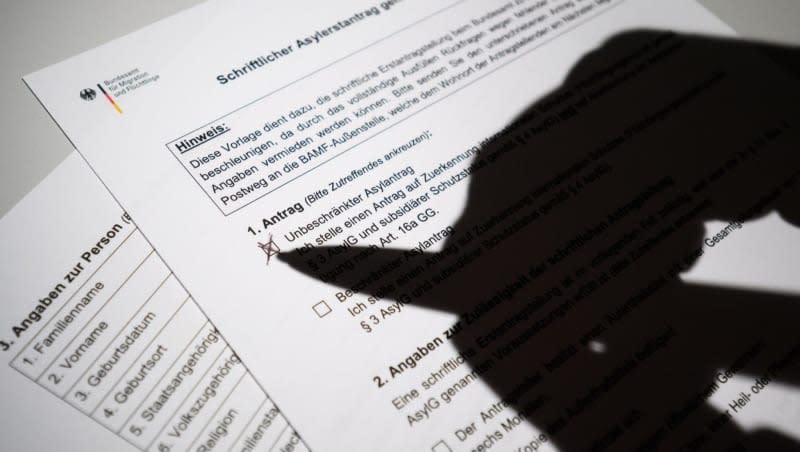Asylum applications in Germany down by almost 20% in first quarter

The number of new asylum applications in Germany has dropped significantly in the first quarter of 2024 compared to the same period last year, new figures showed.
Between January and March, 65,419 initial applications for asylum were submitted, a decline of 19.2% compared to the same period last year, the Federal Office for Migration and Refugees (BAMF) revealed on Monday.
"This shows that our actions are working. We are continuing to protect many people from war and terror and at the same time effectively limiting the number of those who do not need our protection," said Interior Minister Nancy Faeser.
Temporary border checks introduced in October have prevented 17,600 illegal entries so far, she said, adding that police have arrested over 700 people smugglers during that period.
"We will continue the border checks as long as necessary to permanently curb illegal migration effectively," Faeser said.
The trend of declining asylum figures was already visible at the beginning of the year. In March, authorities registered almost 10,000 fewer initial applications than in January.
According to the federal migration agency, most applications for asylum in the first quarter of 2024 were made by Syrian nationals, at just under 20,000, followed by Afghan nationals (10,198) and Turkish citizens (10,119).
During that period, authorities decided on 80,651 initial and subsequent applications, with less than half of applicants, or 46.1%, granted protection status.

